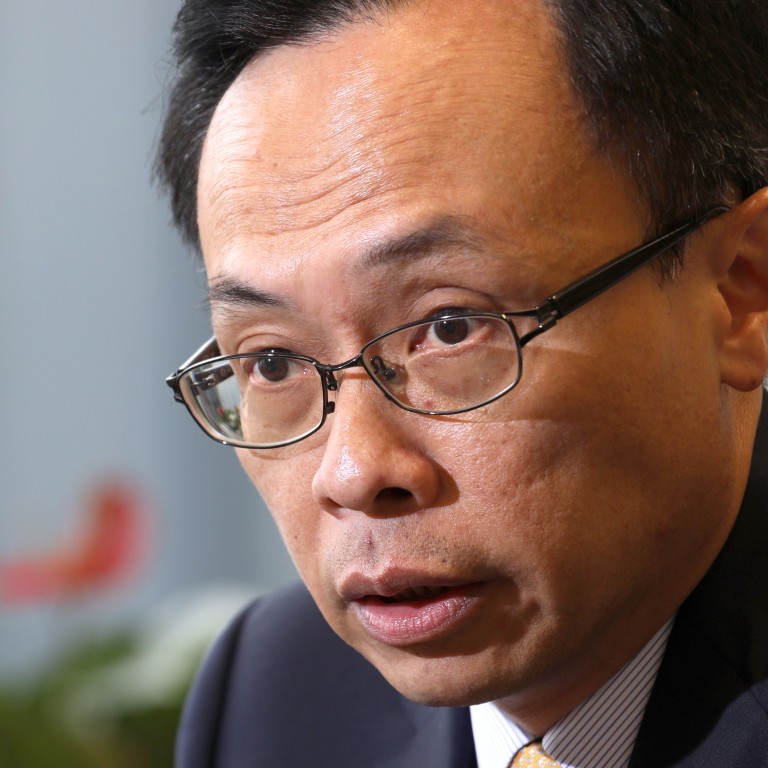
Mainland affairs minister Patrick Nip says Hong Kong has freedom to manoeuvre when it comes to ‘Greater Bay Area’ plan
- City will have a say on how national blueprint is implemented and should seize opportunities it creates, Nip says
- Amount of tax Hongkongers who work across the border should pay still being discussed
On Saturday, Secretary for Constitutional and Mainland Affairs Patrick Nip Tak-kuen, also said while there was no way to stop talented employees moving between cities, Hong Kong could turn the national blueprint to its advantage by seizing the development opportunities it created.
This week, Beijing published its vision to turn Hong Kong, Macau and nine cities in the neighbouring Guangdong province into a cluster of world-class metropolises, and a thriving global centre of technology, innovation and economic vibrancy, which it hopes will eventually rival Silicon Valley.
There was mixed reaction to the proposals in Hong Kong. Business leaders and pro-establishment politicians joined the government in welcoming the plan, while opposition lawmakers questioned whether the city’s freedoms, enshrined in the principle of “one country, two systems”, would be eroded by the integration the blueprint calls for.
Others were concerned the plan would see talented workers move across the border, and lead to a brain drain.
Two days after a high-powered symposium where Chief Executive Carrie Lam Cheng Yuet-ngor said Hong Kong would not become like other mainland cities, Nip emphasised that Hong Kong had a say in the way forwards.
“The outline development plan has laid out the direction … whether we would work on it, how to work on it, and how fast we work are all up to us,” Nip said on a radio show, adding that just because the plan had been written down, the city did not necessarily have to follow it.
Greater Bay Area plan receives mixed reaction in Guangdong province
He hoped cooperation not vicious competition would be seen among the 11 cities in the area. And, when responding to repeated calls to exempt Hongkongers working in the region from paying the mainland’s hefty salaries tax, Nip said there needed to be further discussion over the complicated and long-standing central government policy.
“If some Hongkongers are living on the mainland and enjoying welfare benefits there … would it be suitable to exempt them from paying the mainland tax at all?” Nip said.
But, he said some mainland cities may offer tax concessions to Hongkongers as part of their efforts to encourage people to work across the border.
Local mainland governments have already offered tax subsidises for Hongkongers working in Hengqin and Qianhai – two special economic zones in the city of Zhuhai, and near Shenzhen.

